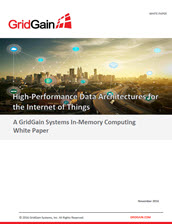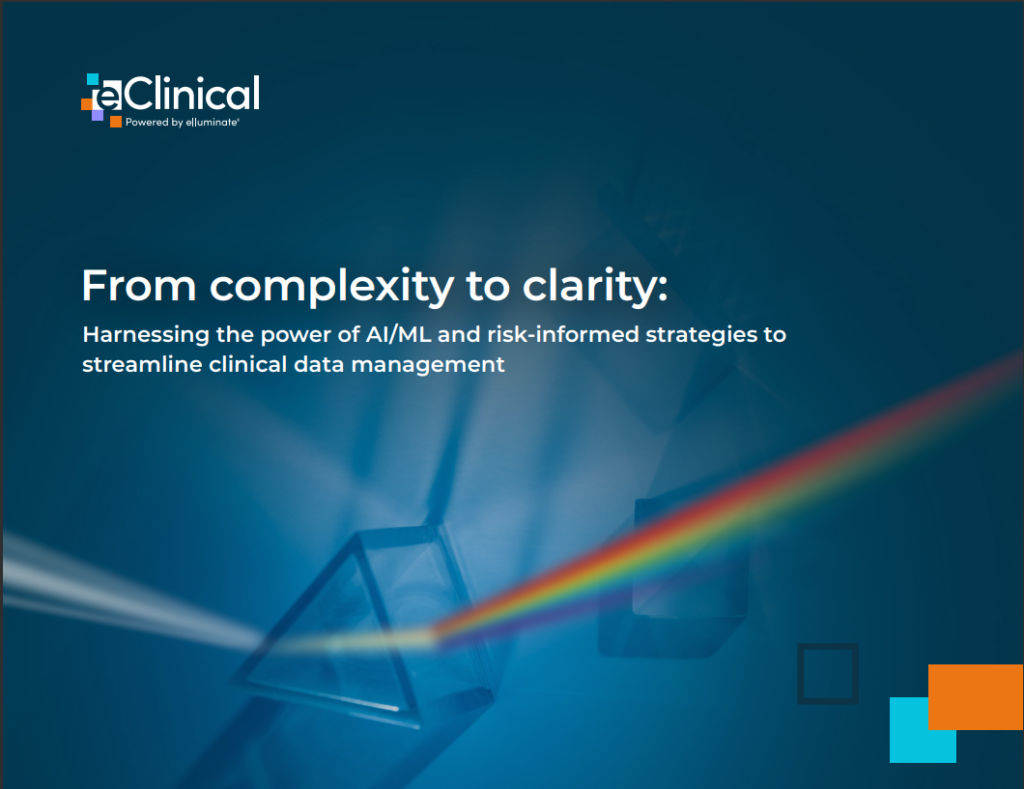
In recent years, the number of smart, connected devices making up the Internet of Things (IoT) has grown explosively. In 2009, when Cisco estimates the IoT was born, people were just beginning to play with micro-controllers to build smart devices. Since then, the number of devices has grown rapidly, and the IoT has expanded to include not just traditional computer-based devices and electronic appliances, but also wearables — such as watches, clothing, and rings — and vehicles, from the smart, self-driving cars currently in development to drones and other flying things.
By 2020, Gartner expects the IoT to have over 20 billion connected things. With that many connected devices transmitting information, there will be an enormous amount of processing to be done. To cope with this rapid expansion in the Internet of Things, successful IoT platforms will need a data architecture that can address significant challenges in terms of speed, scalability, variable workloads, and other issues.
What type of data architecture can handle these challenges? Before discussing the technology needed to tackle all of the issues around IoT, let’s take a closer look at some popular IoT use cases.
IoT Use Cases and Opportunities
According to 451 Research, 65% of companies are using IoT and 69% of organizations gathering data from end points while 94% of the companies that collect that data use it for business purposes. The highest usage is among Utilities (92%) and Manufacturing (77%).
The following use cases are among the most popular:
• Smart homes – smart meters and home automation
• Wearables – clothes, watches, findable keys, virtual and augmented reality devices
• Manufacturing, retail, and industrial – sensory tracking for production line monitoring
• Transportation – intelligent traffic control and self-driving vehicles
We are seeing these types of use cases, described in more detail below, with many of our customers.
All information that you supply is protected by our privacy policy. By submitting your information you agree to our Terms of Use.
* All fields required.




